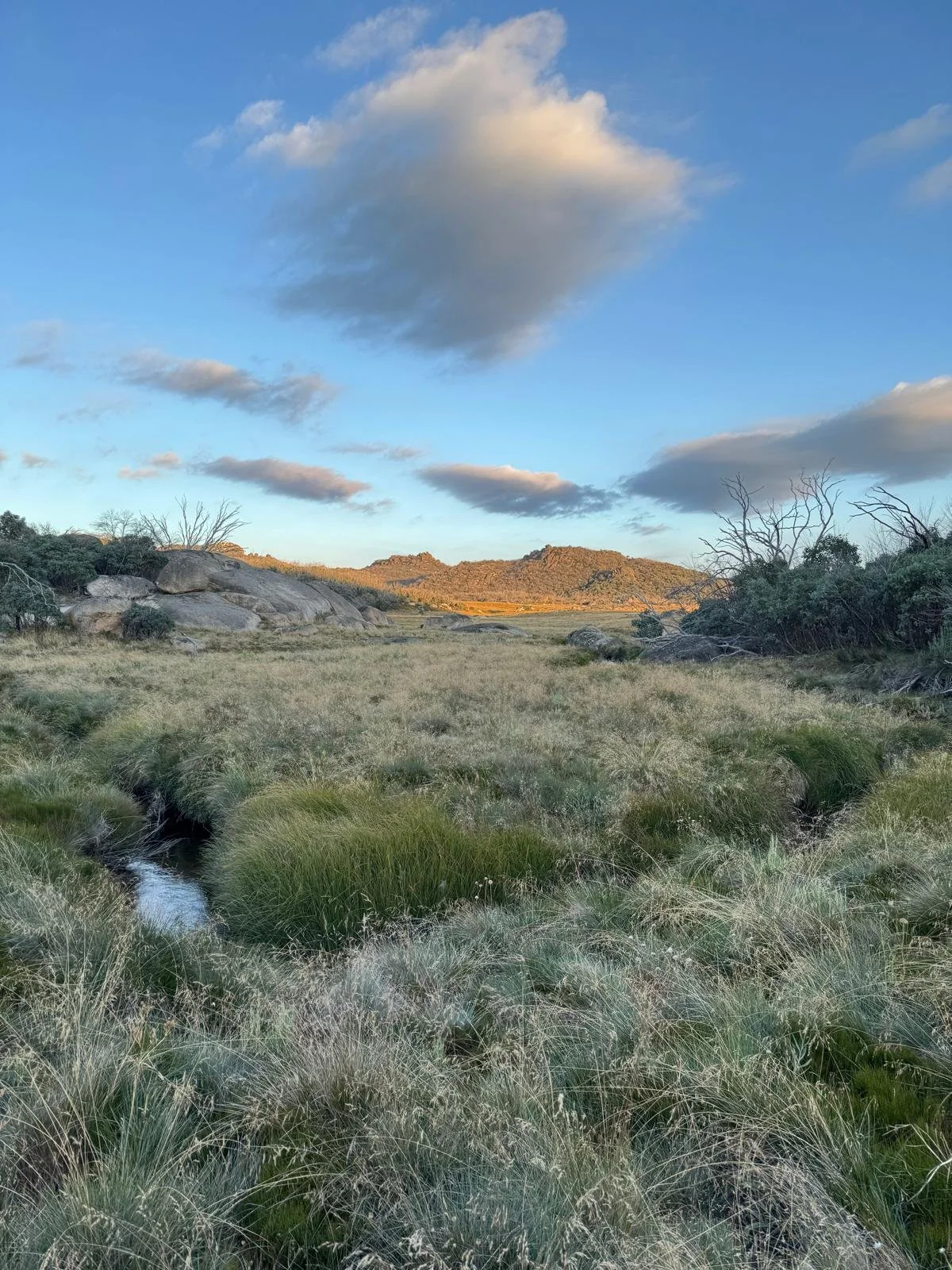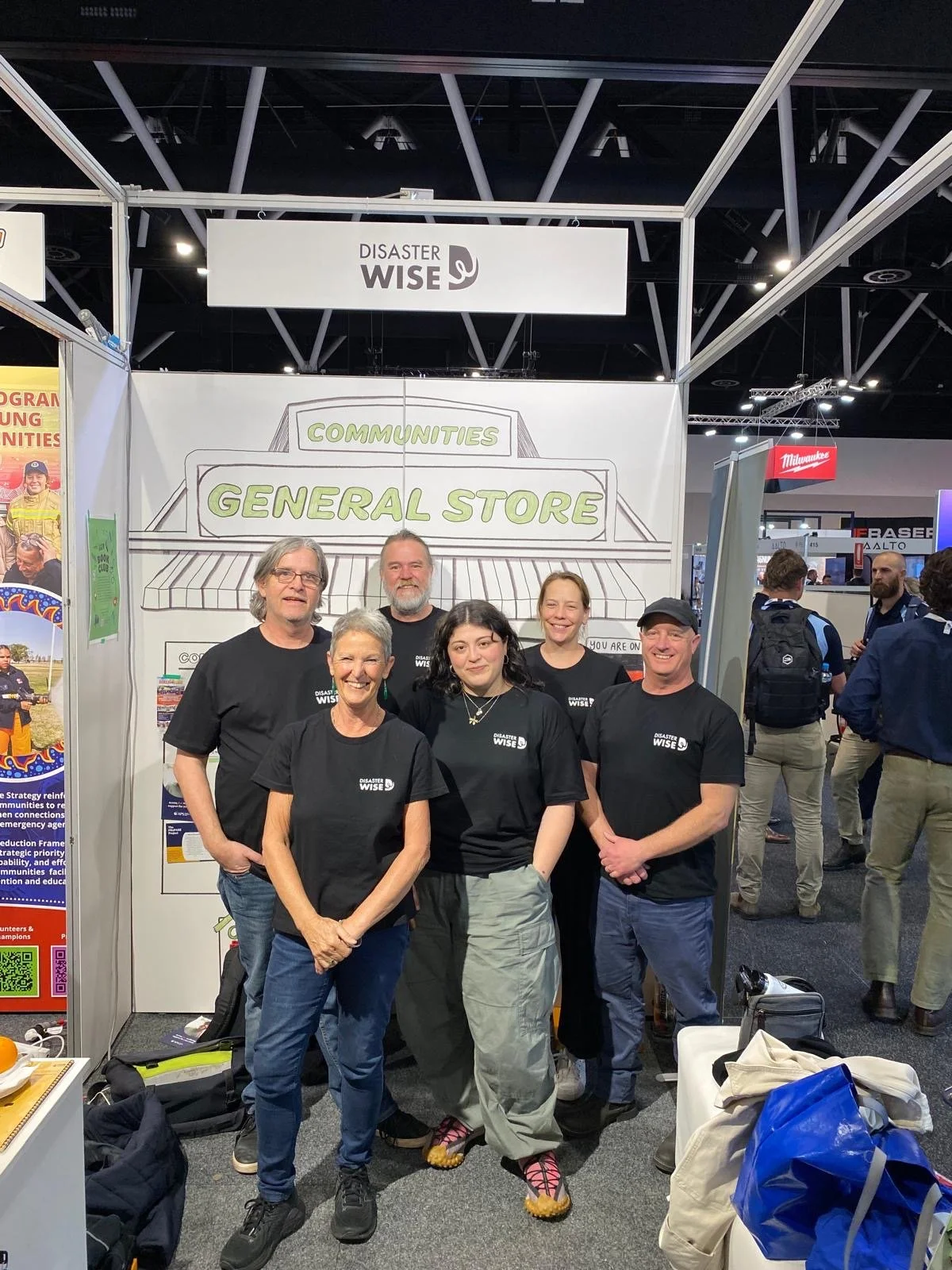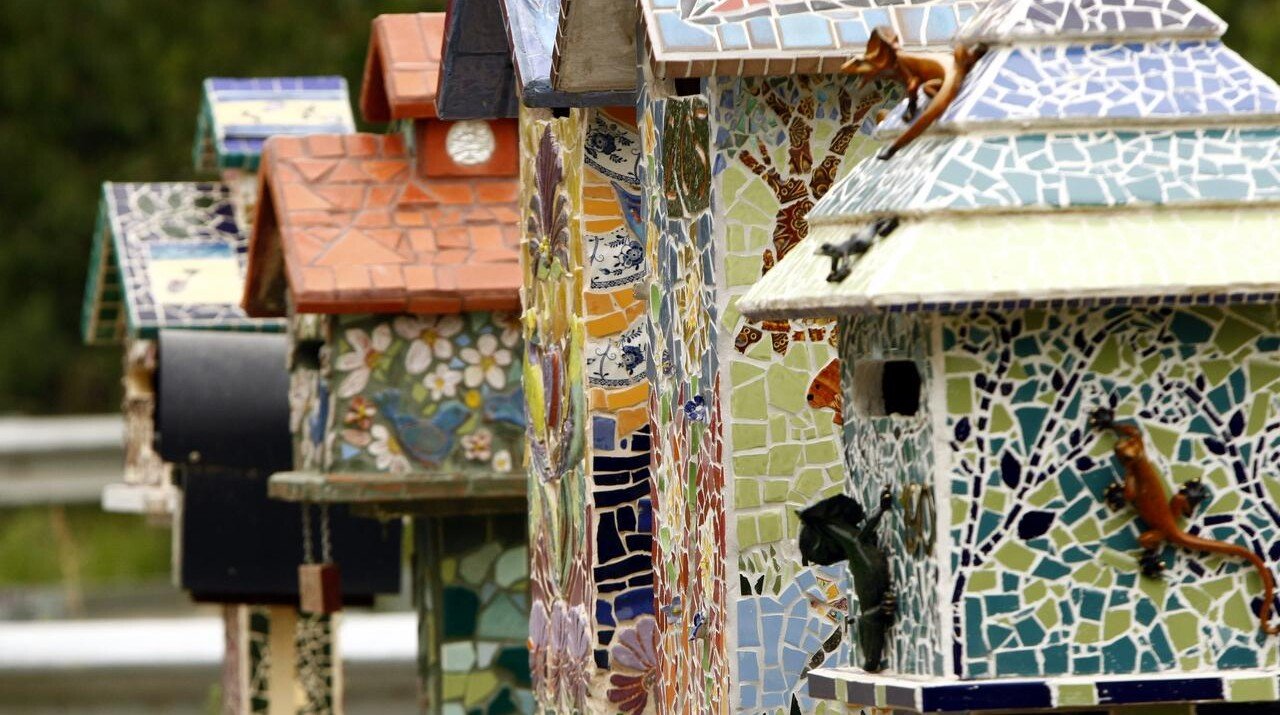
Reframing Risk: Why Community-Led Action Must Guide Australia’s Climate Response
DisasterWISE Communities Network welcomes the release of the Second Pass of the National Climate Risk Assessment (NCRA). This work is a necessary step in developing a clearer national picture of the risks posed by climate change, and in building a coordinated response.

Bias, Power, and Postcoloniality: Why Disasters are Never Neutral
Disasters are not natural phenomena. While they may be triggered by environmental hazards, their impacts are shaped, and often intensified, by deeper forces - history, politics and power.
To understand why some communities are disproportionately affected by disasters, we must examine the deeper structures at play. Bias, power, and postcolonial legacies are central to this conversation. Without them, disaster research and practice risk reproducing the very inequalities they seek to address.

The Power of Coming Together: Why the Community Congress Matters
There is something powerful about being in a room with people who just get it. People who have lived through fire, flood, loss and the long road of recovery. People who understand that real “resilience” does not come from top-down systems, policy documents or external interventions. It comes from our relationships. From the trust we build. From the networks we hold and the ways we show up for each other.

Community Communications - Reflections from the May DisasterWISE Get Together
In May, the DisasterWISE Network convened an online Get-Together to discuss community communications welcoming guests from Merri-bek Tech and CREST NSW. Two community-led groups doing vital work in disaster communications and local response. The session created space to listen, learn and reflect on what it takes to keep communities strong and connected before, during and after a crisis.

On the Road Pt 1: Visiting Eurobodalla / Walbunja, Brinja-Yuin and Djiringanj land
Last week, Monika and I hit the road for our very first Community Engagement Tour, visiting towns and local organisations across the southeast coast of NSW and East Gippsland. Our intention was to deepen existing connections within the network and to build new relationships – listening to learn more about the intricacies of community-led practices, and how DisasterWISE can continue to amplify community voices and knowledge to drive change.

Community Energy and the Power of Local Community Action
At our recent DisasterWISE Get-Together, we were joined by Matthew Charles-Jones from Totally Renewable Yackandandah (TRY), a grassroots group with ambitions to power their Victorian community with 100% renewable energy. Yackandandah is now a nationally recognised example of what is possible when communities lead processes and projects, while working toward a more sustainable and resilient future.

Book Club Reflections on ‘How We Show Up: Reclaiming Family, Friendship, and Community’
As a Black Saturday survivor, I have learned that in times of disaster, the strength of our communities and connections is what carries us through. We’ve seen it in action – when fires, floods, and crises hit, it is often the people closest to us who step up. But what if we didn’t wait for disaster to build these connections? What if deep community, rooted in care and mutual support, was how we lived every day?

Lessons from the Maribyrnong Floods: Amplifying Voices for an Inclusive Recovery
In October 2022, the Maribyrnong River in Melbourne’s west experienced a devastating flood, affecting over 500 properties and leaving a lasting impact on the community. Among those most affected were women and children from migrant and refugee backgrounds, whose unique challenges during disaster recovery are often underrepresented.

Standing Together for Climate Adaptation: Lessons from the Footscray Fair
This past weekend, community leaders, activists, and everyday changemakers came together at the Friends of the Earth Climate Adaptation Fair in Footscray. The energy in the gathering space was inspiring — people driven by a shared purpose: finding ways to adapt to a changing climate while strengthening the social fabric that holds us together.

DisasterWISE: Building Momentum Reflecting on 2024
As the DisasterWISE Communities Network approaches a significant milestone, we find ourselves reflecting on the transformative journey that brought us here. DisasterWISE has evolved into a bold, community-led learning network that is growing a movement centred in connection, peer to peer learning and advocacy for change.

Emotional Preparedness for Disasters: Insights from David Younger
David Younger is a psychologist and disaster strategist with extensive experience supporting individuals, communities, and organizations through disaster preparedness, response, and recovery. Drawing on his expertise in trauma, resilience and community dynamics, David provides practical strategies to help people navigate the psychological and emotional challenges of disasters.

Announcement: New Interactive DisasterWISE Platform
At DisasterWISE, we are thrilled to announce our transition to Mighty Networks, a vibrant platform designed to better align with our overaching vision of enabling strong, just, and thriving communities. This change marks a significant step in strengthening our network and amplifying the voices of those shaping community-led disaster resilience.

Reflections from the NIDR Gathering in Lismore –Self-Determination and Community-Led Resilience
In the town of Lismore, the recent NIDR Gathering became a powerful reminder of the strength that emerges when communities take charge of their own futures. Against the backdrop of cultural landscapes on Bundjalung Country, participants came together to share stories of resilience and hope.

Community-led Recovery: Insights from July Get-Together
DisasterWISE hosted Senator Sheldon – Special Envoy for Disaster Recovery – to engage in a rich dialogue with people of lived and learned experience of community-led recovery in June.

Cindi Preller from the Pacific Tsunami Museum Engages Strathewen and Anglesea Primary Students in Disaster Preparedness
In a special event, Strathewen and Anglesea Primary Schools had the privilege of engaging with Cindi Preller, who is the Director of the Pacific Tsunami Museum in Hilo, Hawaii. Cindi, who was in Melbourne as the keynote speaker at the Emergency Management Conference 2024, spent a morning with each of the school’s students, to share information and learn about tsunamis.

Food Security: Insights from the June DisasterWise Get-Together
This June, the DisasterWise community gathered for an insightful get-together featuring Josh Collings from Acres and Acres in Corryong. The theme of the event focused on a critical issue facing many communities after disaster: food security. With climate change increasing the frequency and intensity of disaster events, ensuring access to food in the aftermath has never been more important. Localised food networks offer food security for regions, along with opportunities for peer-to-peer learning, strengthening community fabric and building a more resilient futures.

Creative Arts in Disaster Recovery: The Power of Healing and Resilience
In the wake of a disaster, communities often face immense challenges, from physical destruction to emotional trauma. However, people can connect, learn and support each other through these times, and the creative arts can be a powerful tool for healing and building resilience. In the April Get-Together, DisasterWISE members gathered to hear from Deb Borsos in British Columbia, to hear more about community recovery practice in Canada.

Re-imaging disaster response, recovery and resilience with a place-based lens.
Last month, Sumarlinah and I had the opportunity of travelling to Mildura for the annual Changefest: Rivers of Change; People, Places and Possibilities. The DisasterWISE submission had been accepted and ‘smooshed’ together with other disaster-type submissions from The Australian Centre for Social Innovation (TACSI), Hands Up Mallee and Moreno Family Services. Together, we would host a yarning circle, sharing stories and insights from our lived and learned experiences of disaster events.

Resilient Community Infrastructure
The Black Summer Fires created havoc in so many communities. Roads were blocked, power was out, telecommunications were down, not just for a few days but for weeks. The flow on effects of loss of power meant there was no refrigeration and no fresh food; petrol and diesel couldn’t be pumped assuming you could get to the petrol station so generators were good while supplies lasted, ATMs and Eftpos didn’t work without power or communications so you couldn’t buy the things you needed.

Building Community Resilience: The Eden Disaster Preparedness Project
In the idyllic, coastal town of Eden, located halfway between Melbourne and Sydney, a remarkable initiative has been unfolding, led by two community-minded women, Jodie Stewart and Sharon Wellard. The Eden Disaster Preparedness Project, initiated in 2021 by the Eden Community Access Centre, aimed to bring the community together to co-design a disaster preparedness plan over a two-year period.
